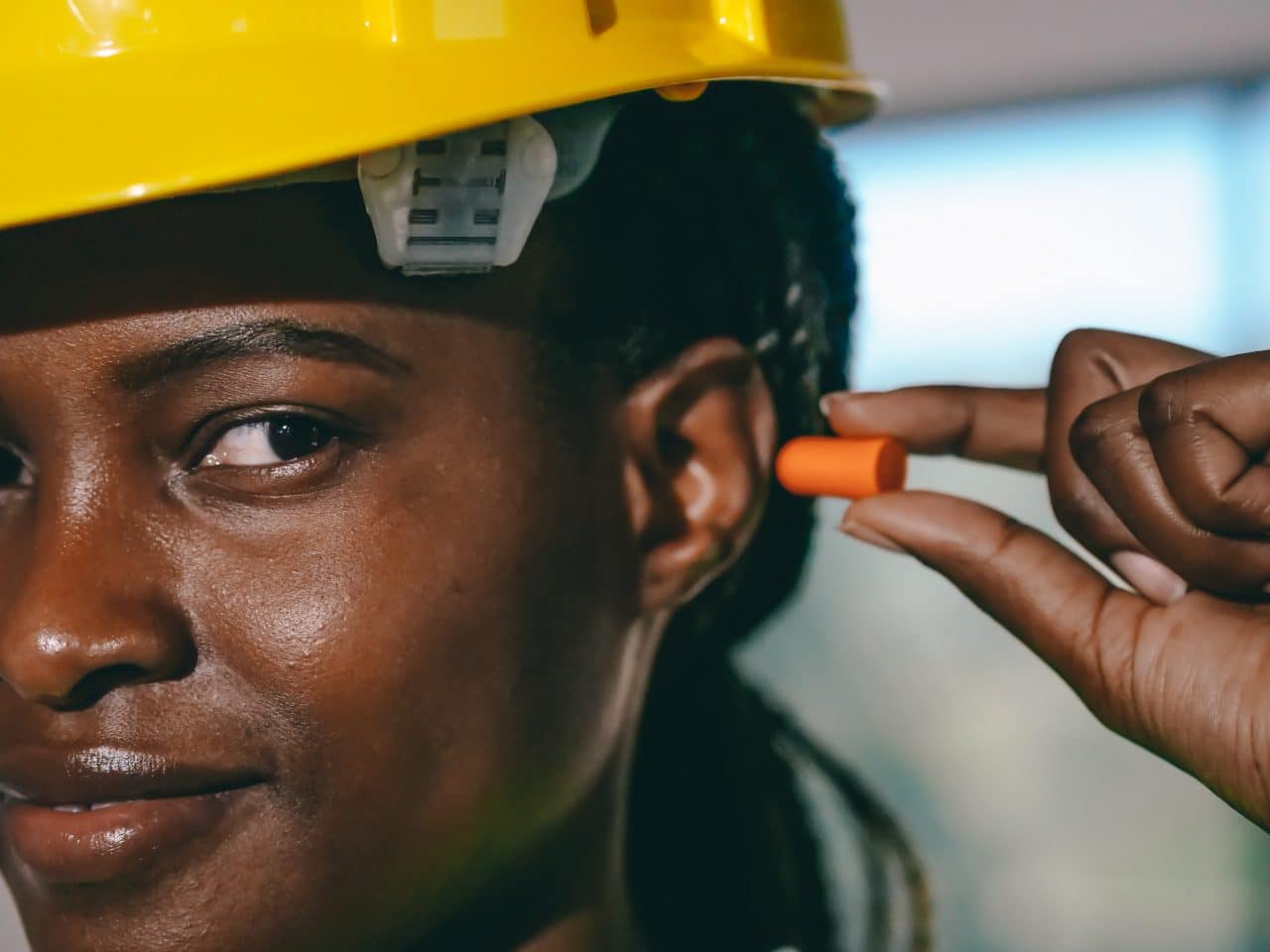Attending rock concerts or cheering on the Georgia Bulldogs at Sanford Stadium are fun activities that many people enjoy. However, they may also increase your risk of hearing loss.
Thankfully, using the right hearing protection allows you to continue participating in activities you enjoy while protecting your ears at the same time.
How Noise Can Damage Your Hearing

Any repeated exposure to sounds over 85 decibels (dB) has the potential to damage your hearing. The louder the sound, the less exposure it takes for damage to occur. Sounds over 120 dB, similar to a loud rock concert, can cause immediate harm to your ears.
Noise exposure affects your hearing by damaging the hair cells of your inner ear. Once damaged, they cannot be repaired. Enough damage will cause permanent hearing loss.
Activities That Put You at Risk for Noise-induced Hearing Loss
Many common activities can put you at risk for noise-induced hearing loss.
The National Institute on Deafness and Other Communication Disorders (NIDCD) recommends hearing protection for the following settings and activities:
- Auto races
- Sporting events
- Fireworks displays
- Concert.
- Motorcycle, dirt bike, and snowmobile riding, and when operating an all-terrain vehicle or tractor
- Band or orchestra rehearsals and performances
- Industrial, warehouse, farm, landscape, and other loud (or potentially loud) workplace settings
- Shooting sports
Choosing the Right Hearing Protection
There are different types of hearing protection. They include:
- High-fidelity earplugs: Reduce overall sound but maintain sound quality
- Filtered earplugs: Reduce loud sounds while allowing you to hear other noises
- Electronic earplugs: Customizable based on environment, but more expensive than regular earplugs
- Earmuffs: Used to protect against extreme noise and muffle all sounds
When deciding what hearing protection is right for you, you want to:
- Figure out how much noise reduction you need. If your job exposes you to noises that are between 85-90 dBs for example, you probably only need hearing protection that reduces sound by 10 dBs. Reducing sound too much and impacting your ability to hear can be dangerous in certain work environments.
- Consider your environment. Are you being exposed to loud noise intermittently or continuously throughout the day? Do you have to wear other equipment like helmets or protective eyewear? Do you need to interact with others and hear what they are saying as you work? Your choice of hearing protection may depend on these answers.
- Find what’s comfortable. Sometimes hearing protection comes down to basic personal preference. For some, earplugs are more comfortable and convenient than earmuffs. While others may not enjoy or have difficulty putting something in their ear and prefer earmuffs instead. Whatever you will consistently wear is the best protector for you.
For more information on how to protect your hearing or to schedule an appointment with one of our experts, call the Georgia Hearing Center at ENT of Athens today.